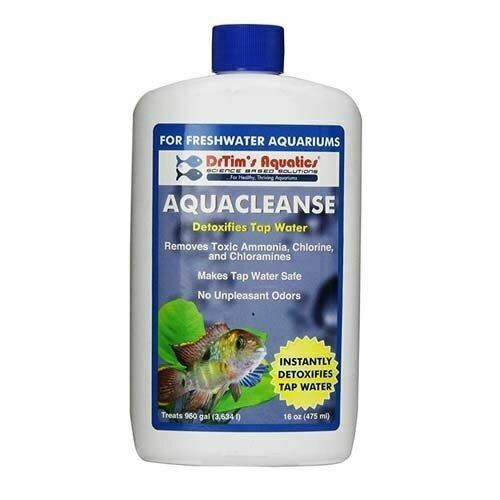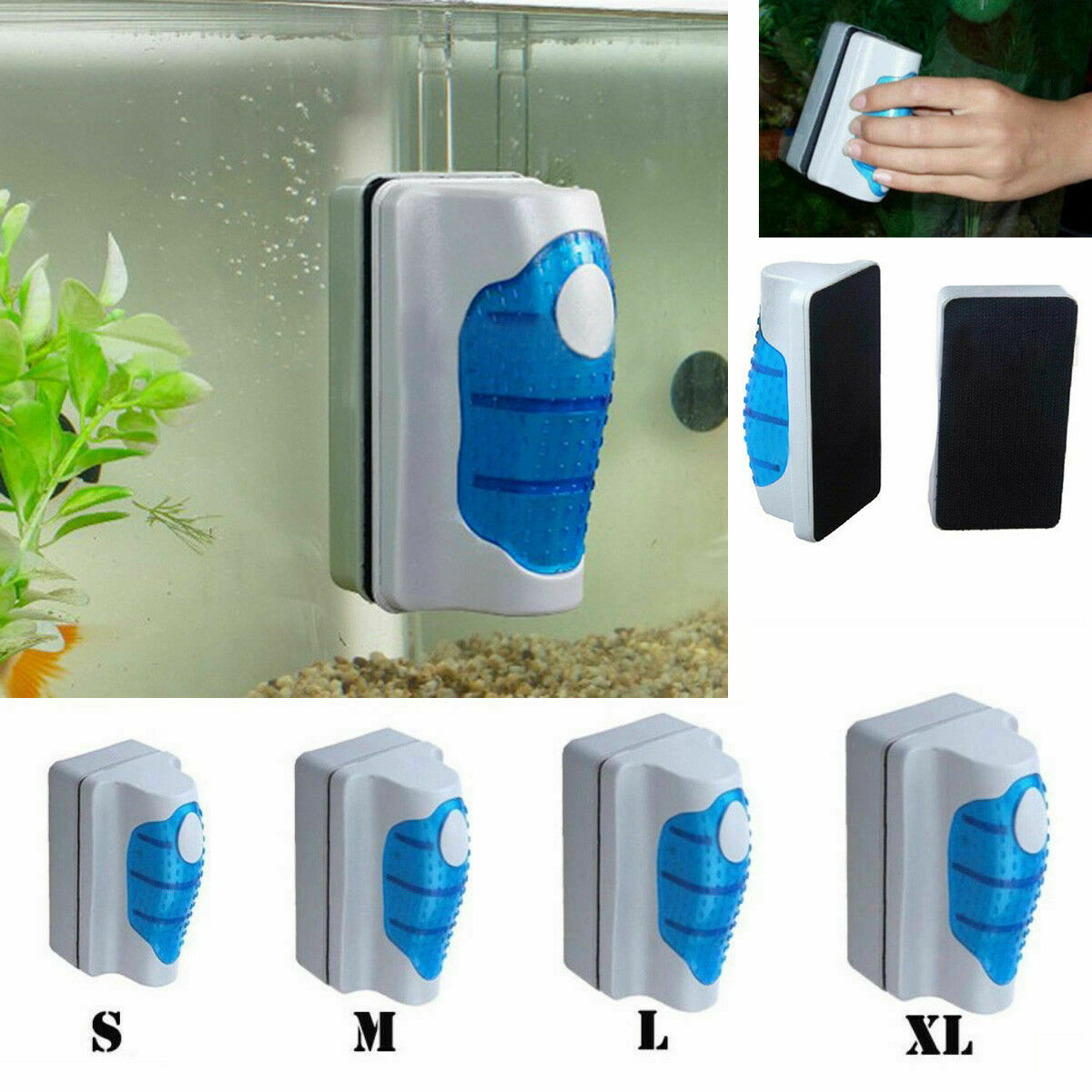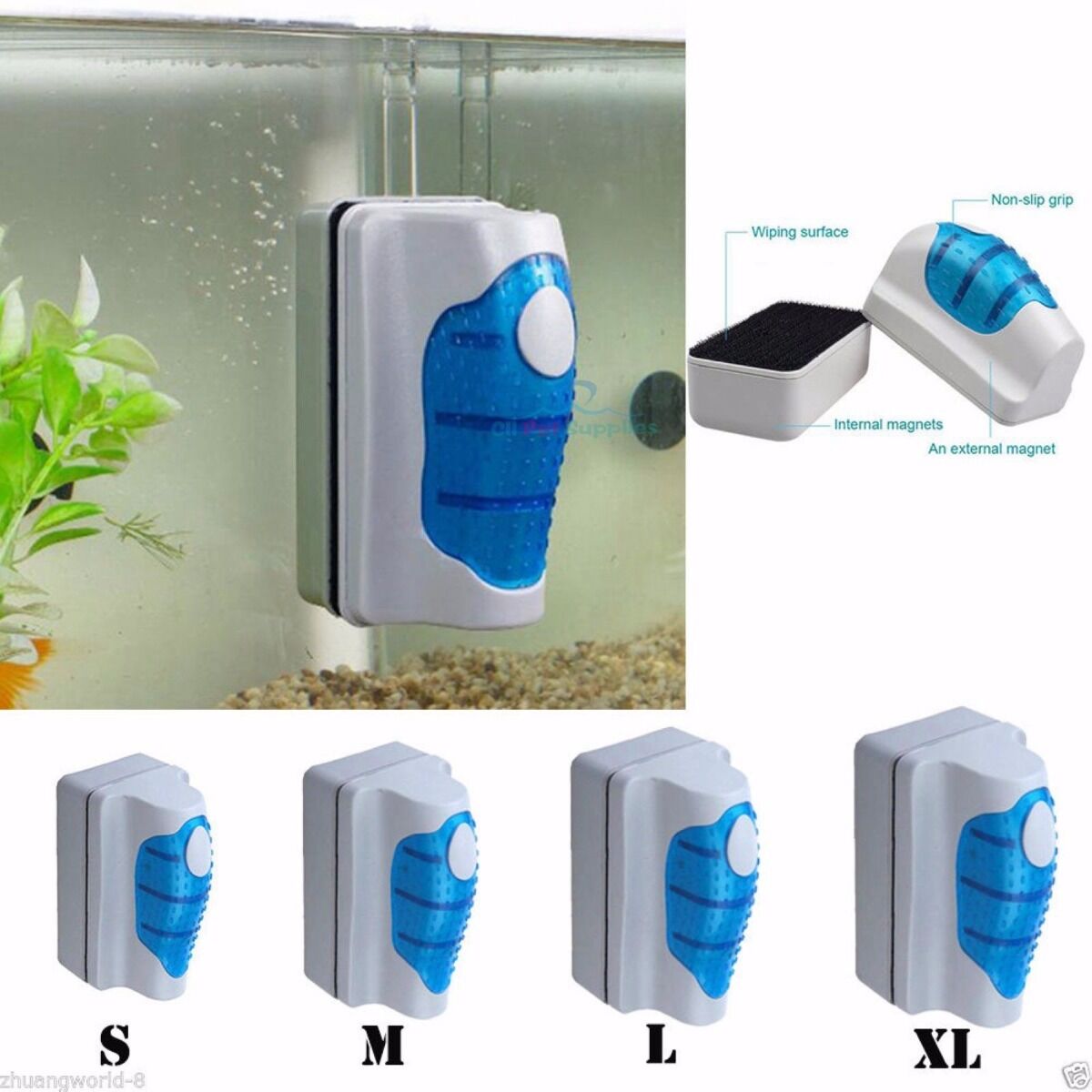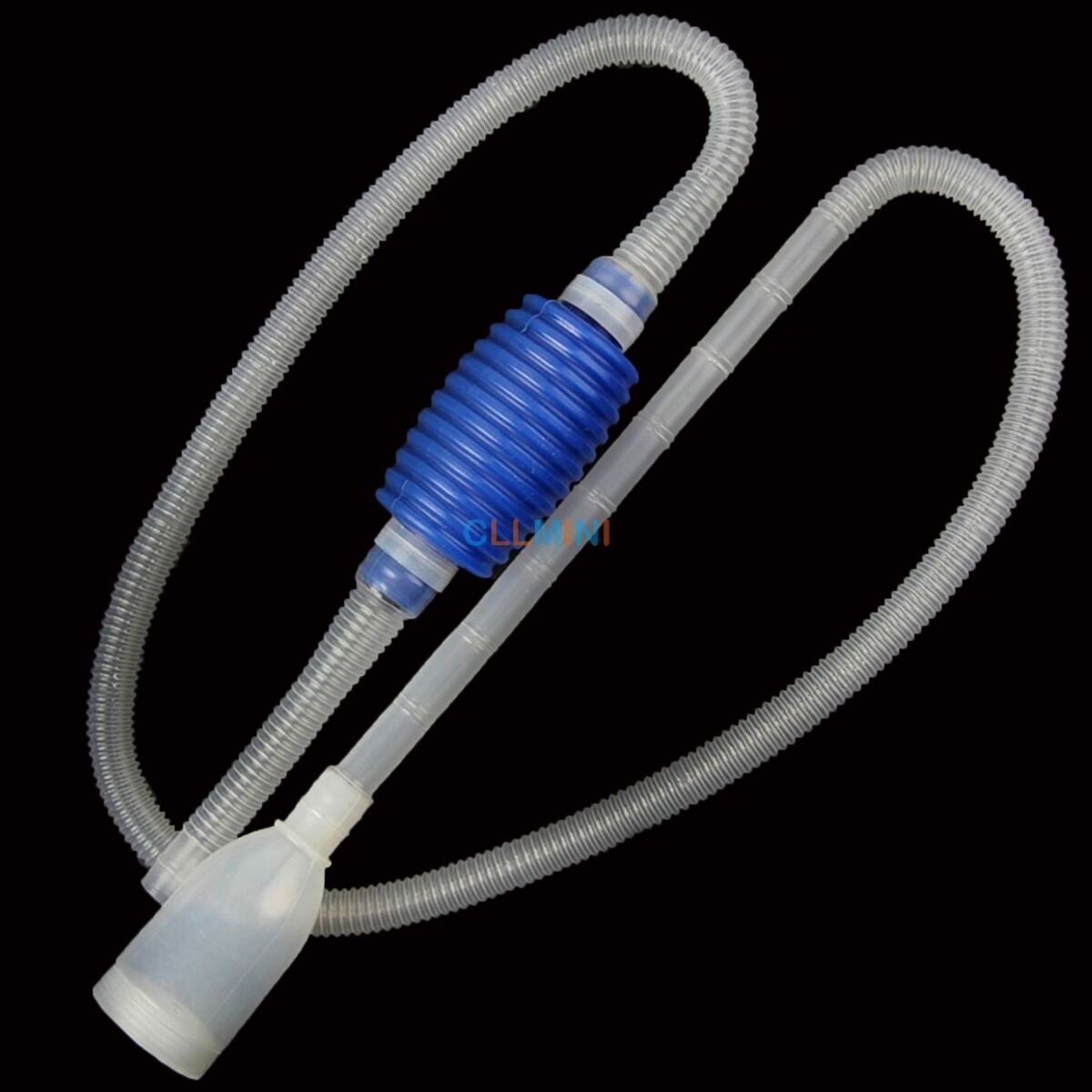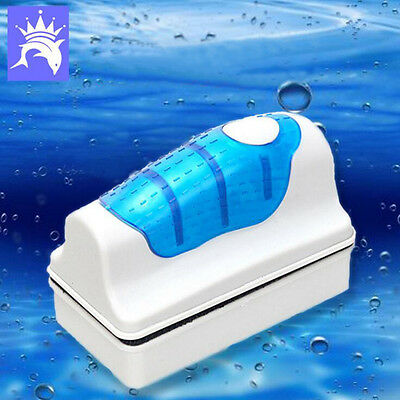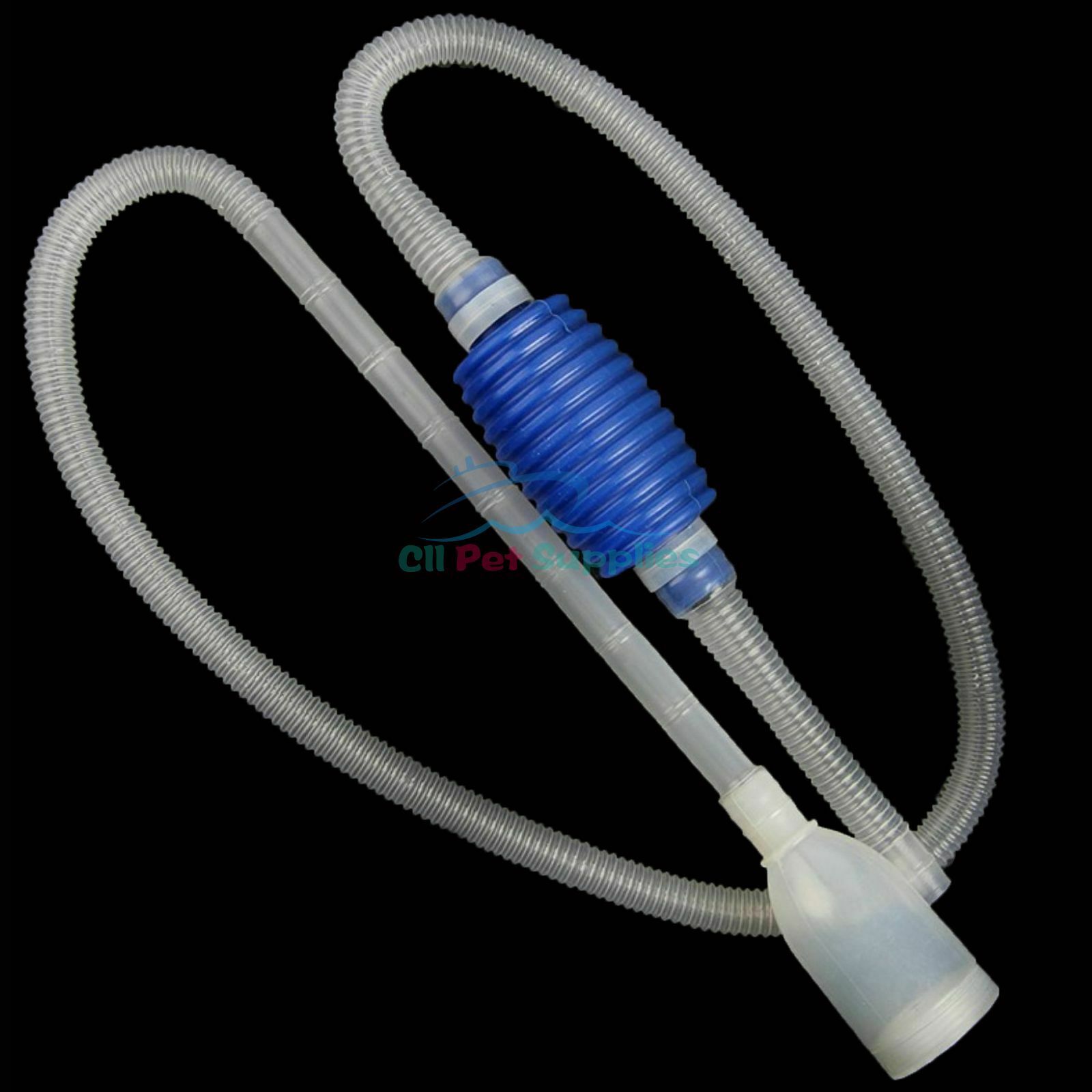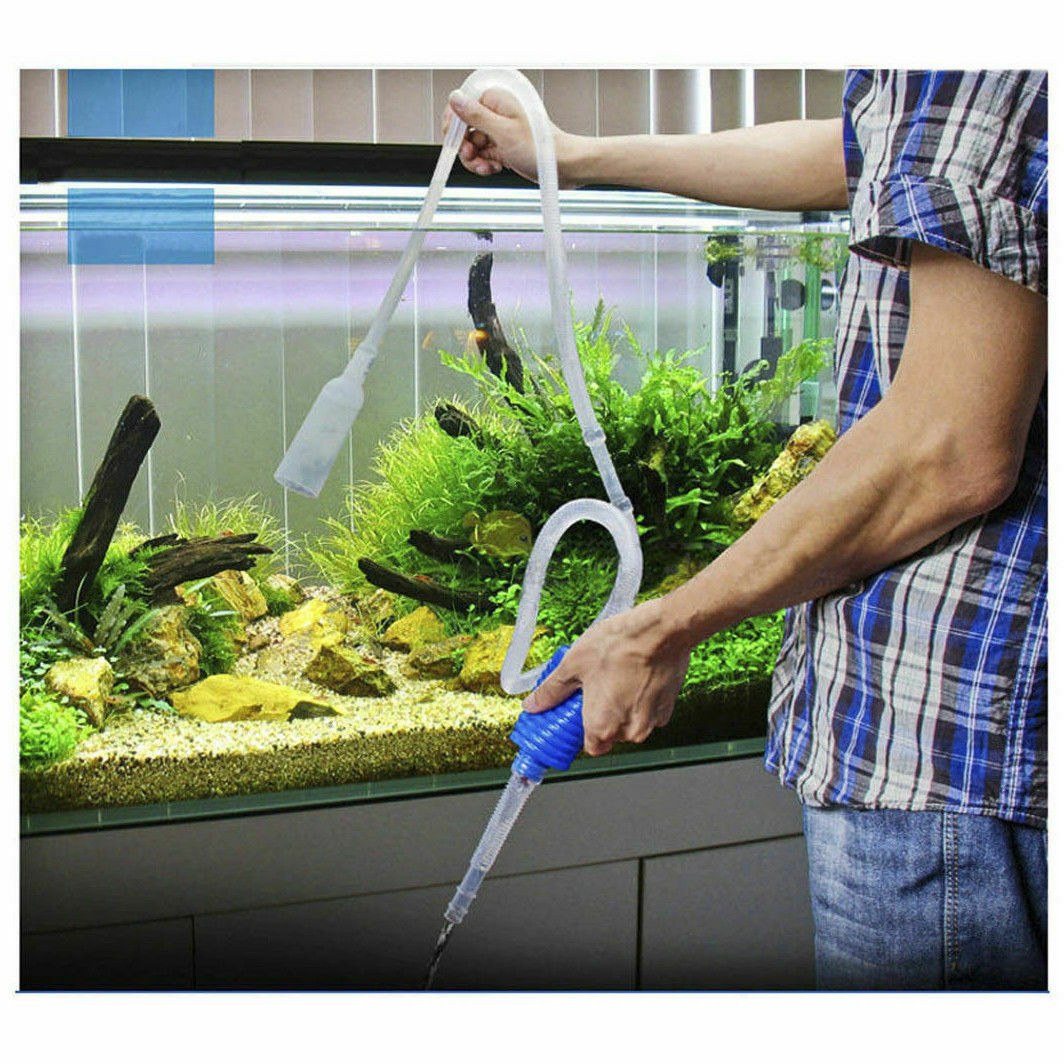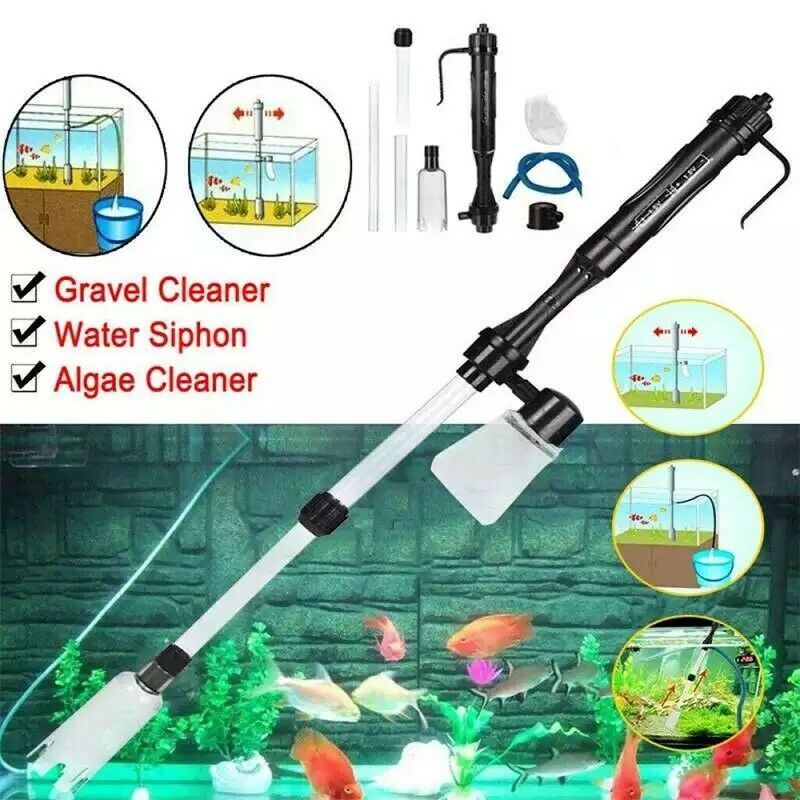-40%
Freshwater AquaCleanse (16 oz) 960 Gallons - Dr Tim's Aquatics
$ 8.97
- Description
- Size Guide
Description
AquaCleanse is used to eliminate common chemicals in tap water that are toxic to fish and other aquarium creatures - with no unpleasant odors.These chemicals, such as chlorine, chloramines and ammonia, are in tap water in order to make it safe for us to drink by killing bacteria, viruses and parasites.
However, these same chemicals can also kill your fish, which is why you need to add AquaCleanse to your tap water before setting up a new aquarium or pond and doing routine water changes. AquaCleanse destroys the chemical bonds that form ammonia, chlorine and chloramines.
Dosing:
Add 5 ml of AquaCleanse per 10 gallons of tapwater and stir the water for 15 seconds.
AQUACLEANSE - TAP WATER DETOXIFIER
Choose the size best suited for your system:
4oz bottle treats 240 gallons (908 liters)
8 oz bottle treats 480 gallons (1,817 liters)
16 oz bottle treats 960 gallons (3,634 liters)
32 oz bottle treats 1,920 gallons (7,268 liters)
64 oz bottle treats 3,840 gallons (14,534 liters)
128 oz bottle treats 7,680 gallons (29,069 liters)
AquaCleanse cannot be overdosed, but adding very large amounts of AquaCleanse to your aquarium may lower the pH of the water if the water is poorly buffered.
How to use:
When doing a water change, it is best to add the tapwater to a clean bucket or trash can (don't use soap to clean the vessel). Then add the required amount of AquaCleanse and stir, and it is ready for use. We strongly recommend not adding tapwater directly to the aquarium and then adding AquaCleanse. Chlorine and chloramines are deadly to fish, and even a short exposure can be very harmful to your aquatic pets.
Listing and template services provided by inkFrog
